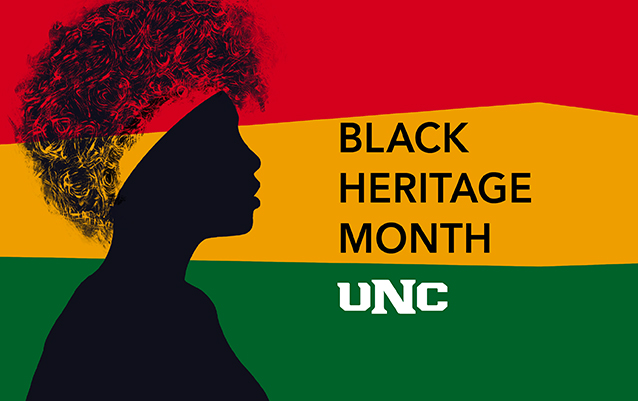Black Heritage Month, annually recognized during the month of February since 1976, originated with Dr. Carter G. Woodson as Negro History Week in 1926. Dr. Woodson, founder of the Association for the Study of African American Life and History (ASALH), dedicated his life and work to the study and sharing of African American History. Black Heritage Month is a time to amplify and bring to the forefront particular issues in the Black community and educate how Black people and the Black community contributed to history and society.
This year's theme, Black Health and Wellness, focuses on the impact of Black scholars and medical practitioners of Western medicine as well as other holistic approaches to healthcare throughout the African diaspora.
African Americans have had a profound impact on the medical field that has improved the health and wellbeing of all people. Dr. Rebecca Crumpler became the first black woman in the United States to receive an MD degree in 1864 and was the first and only black graduate of the New England Female Medical College prior to closing in 1873. Dr. Crumpler is the author of A Book of Medical Discourses, which addresses the health of women and children. Dr. Charles Drew pioneered blood preservation techniques as well as led the first American Red Cross Blood Bank and mobile donation stations. Through the Blood for Britain project, Dr. Drew directed the shipment of plasma to England during World War II. Dr. Herbert Nickens led Project 3000 by 2000 program for the AAMC, which began in 1991 with the goal of enrolling 3,000 students from underrepresented minority groups into medical schools in the United States every year by the year 2000. Dr. Joycelyn Elders ran the Arkansas Department of Health in 1987 and served as the first African American surgeon general in 1993. Dr. Elders once stated “Health is more than absence of disease; it is about economics, education, environment, empowerment, and community.”
Additionally, focus on alternative and holistic treatments are becoming more common as people explore ways to improve overall mind, body, and spirit health. Holistic wellness leaders strive to educate on the importance of self-care and wellness through meditation, diet, exercise, spiritual and emotional healing and other approaches. As racial disparities in healthcare continue to exist, there has also been an effort to increase enrollment of underrepresented minorities in medical school. According to the AAMC, only 5% of active physicians in 2018 were black or African American. Black Health and Wellness is an opportune theme to put focus on the importance of working together for the betterment of the entire community.
We encourage you to join the Marcus Garvey Cultural Center (MGCC) and participate in the lineup of programming and engagement opportunities scheduled for the month of February, including a African Arts Exhibit, Black Culture Week, soul food night, The 1619 Project virtual book club, and more. Professor Vijay Chalasani will be directing Change is Coming UNCommon Ensemble on February 15 at 7:30pm in the Campus Commons Performance Hall.
Take Action:
- Books on Black Health and Wellness
- 2022 Black History Month Virtual Festival
- 12 Black American Health and Wellness Pioneers
- Register for these paid or free webinars such as "Black History Didn’t Start with Slavery” and “Towards a Black Historical Consciousness in Teaching Black History”
- Black Mental Health History
- Black LGBTQ History: Teachers Must Do a Better Job
- Attach the Black Heritage Month design elements to your email signature and/or use it in your social media
For additional education and personal development related to diversity, equity and inclusion, the following resources are available: DEI Education and Resources, DEI & Antiracism Resources from the UNC Libraries, the Education Equity Toolkit from the Colorado Department of Higher Education, and the UNITE workshops for faculty, staff, and students.


